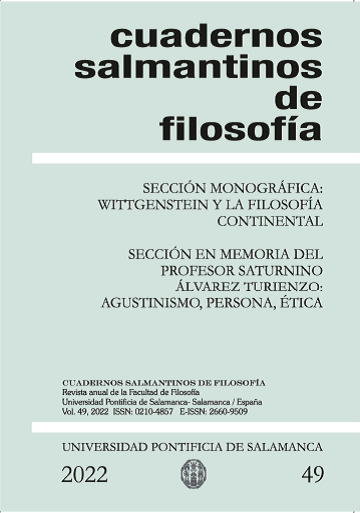La normatividad del Tractatus Logicophilosophicus La consistencia lógica en la filosofía jurídica continental
Contenido principal del artículo
Este artículo no busca establecer relaciones directas entre el Tractatus Logico-Philosophicus y la tradición del derecho continental, más bien intenta mostrar cómo la teoría jurídica puede beneficiarse de la concepción lógica del lenguaje presesentada en la primera obra de Wittgenstein. En ese sentido, se presentará como necesariamente afín a la tradición continental: esta perspectiva entiende el derecho no como una disciplina empírica que regula a partir de casos previos, sino una ciencia social que implica un tratamiento epistémico particular del mundo. Para ello, se presenta un esbozo somero de la teoría del derecho que se ha articulado con las ideas de Wittgenstein para mostrar como, a partir de las herramientas conceptuales del Tractatus Logico-Philosophicus, se puede formular una teoría lógica del derecho que le sirva a los sistemas constitucionales contemporáneos.

